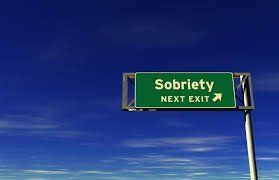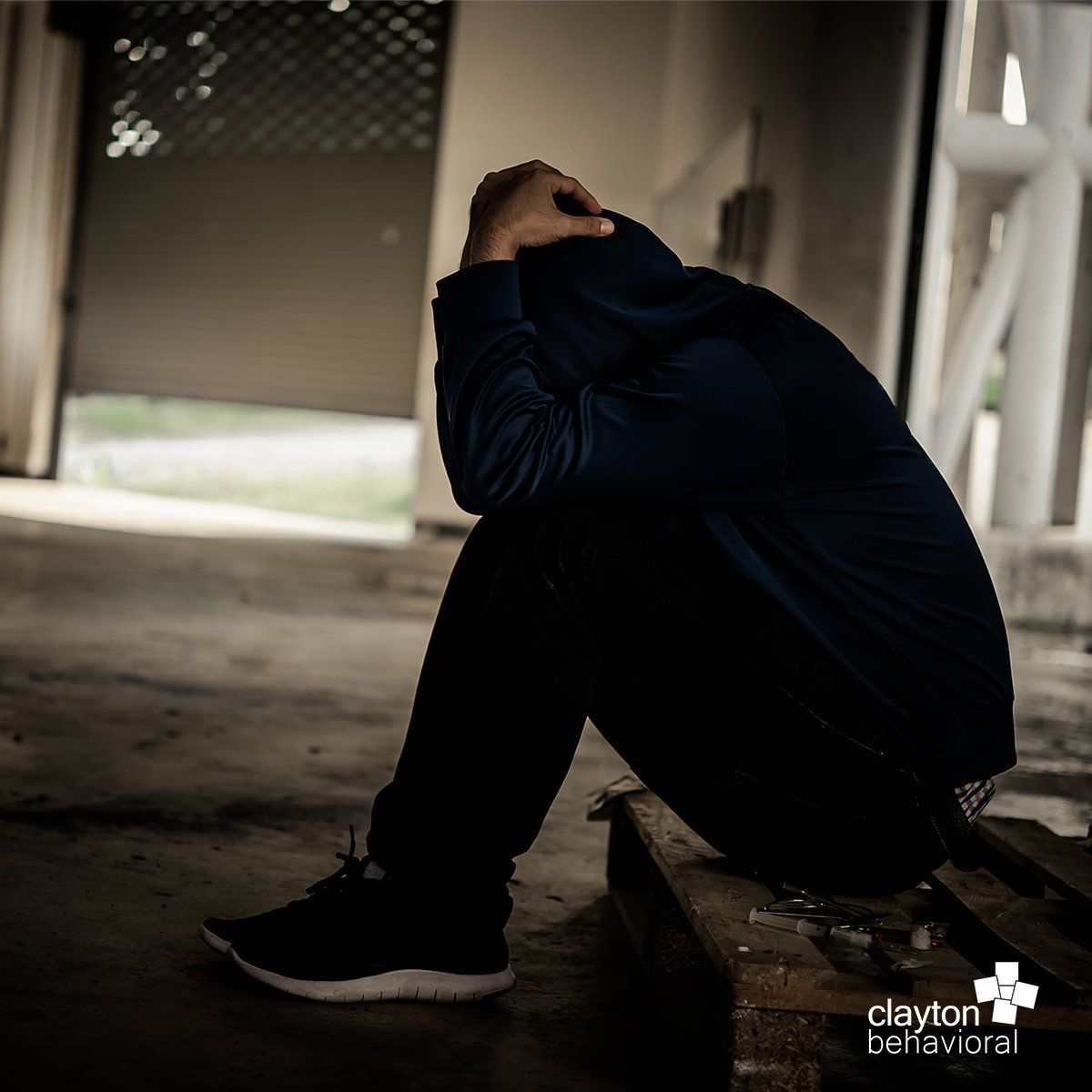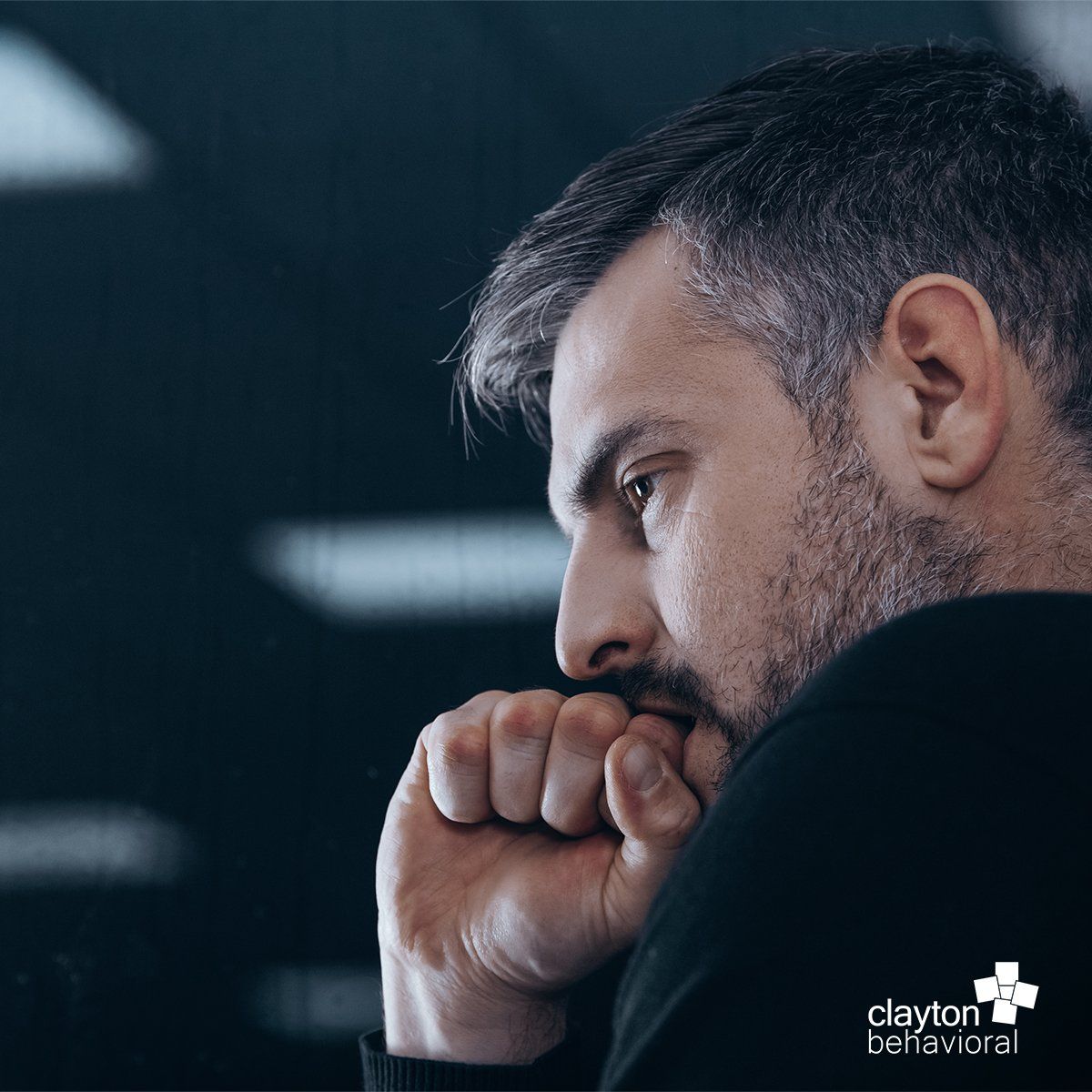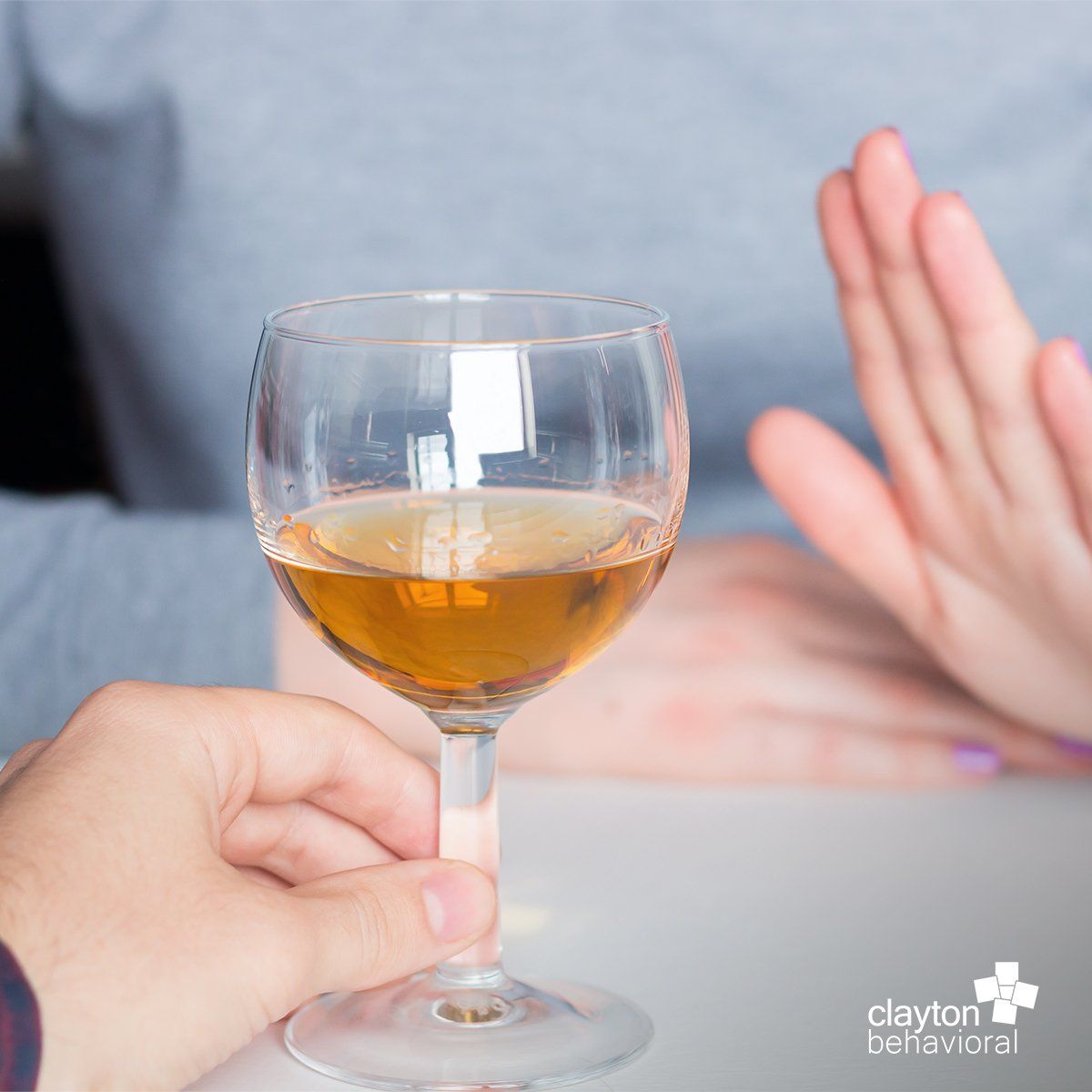From the National Institute of Drug Abuse (NIDA)

Addiction treatment must help the individual stop using drugs, maintain a drug-free lifestyle, and achieve productive functioning in the family, at work, and in society. Because addiction is typically a chronic disease, people cannot simply stop using drugs for a few days and be cured. Most patients require long-term or repeated episodes of care to achieve the ultimate goal of sustained abstinence and recovery of their lives.
• Addiction is a complex but treatable disease that affects brain function and behavior.
• No single treatment is appropriate for everyone.
• Treatment needs to be readily available.
• Effective treatment attends to multiple needs of the individual, not just his or her drug abuse.
• Remaining in treatment for an adequate period of time is critical.
• Counseling—individual and/or group—and other behavioral therapies are the most commonly used forms of drug abuse treatment.
• Medications are an important element of treatment for many patients, especially when combined with counseling and other behavioral therapies.
• An individual's treatment and services plan must be assessed continually and modified as necessary to ensure that it meets his or her changing needs.
• Many drug–addicted individuals also have other mental disorders.
• Medically assisted detoxification is only the first stage of addiction treatment and by itself does little to change long–term drug abuse.
• Treatment does not need to be voluntary to be effective.
• Drug use during treatment must be monitored continuously, as lapses during treatment do occur.
• Treatment programs should assess patients for the presence of HIV/AIDS, hepatitis B and C, tuberculosis, and other infectious diseases as well as provide targeted risk–reduction counseling to help patients modify or change behaviors that place them at risk of contracting or spreading infectious diseases.
Medication and behavioral therapy, especially when combined, are important elements of an overall therapeutic process that often begins with detoxification, followed by treatment and relapse prevention. Easing withdrawal symptoms can be important in the initiation of treatment; preventing relapse is necessary for maintaining its effects. And sometimes, as with other chronic conditions, episodes of relapse may require a return to prior treatment components. A continuum of care that includes a customized treatment regimen—addressing all aspects of an individual's life, including medical and mental health services—and follow–up options (e.g., community – or family-based recovery support systems) can be crucial to a person's success in achieving and maintaining a drug–free lifestyle.
Behavioral treatments help patients engage in the treatment process, modify their attitudes and behaviors related to drug abuse, and increase healthy life skills. These treatments can also enhance the effectiveness of medications and help people stay in treatment longer. Treatment for drug abuse and addiction can be delivered in many different settings using a variety of behavioral approaches.
Outpatient behavioral treatment encompasses a wide variety of programs for patients who visit a clinic at regular intervals. Most of the programs involve individual or group drug counseling. Some programs also offer other forms of behavioral treatment such as—
• Cognitive–behavioral therapy, which seeks to help patients recognize, avoid, and cope with the situations in which they are most likely to abuse drugs.
• Multidimensional family therapy, which was developed for adolescents with drug abuse problems—as well as their families—addresses a range of influences on their drug abuse patterns and is designed to improve overall family functioning.
• Motivational interviewing, which capitalizes on the readiness of individuals to change their behavior and enter treatment.
• Motivational incentives (contingency management), which uses positive reinforcement to encourage abstinence from drugs.
Call 314-222-5858 or email ned@claytonbehavioral.com for a free consultation.









